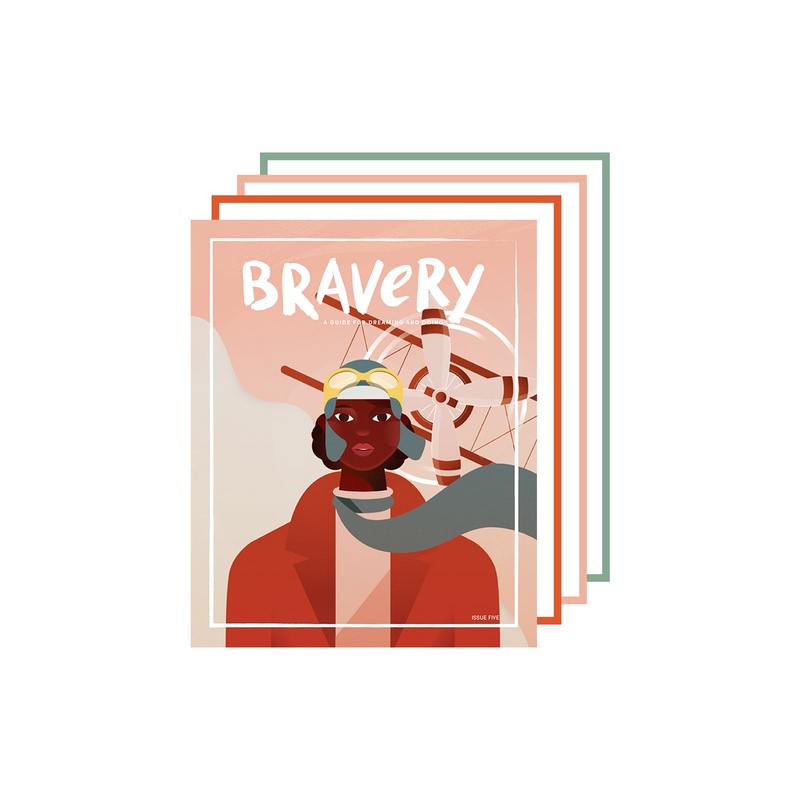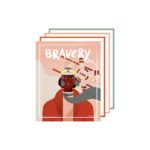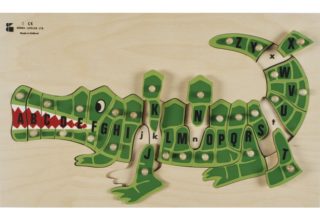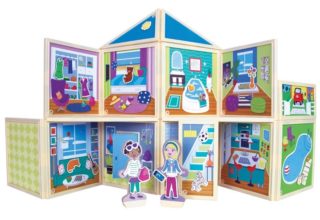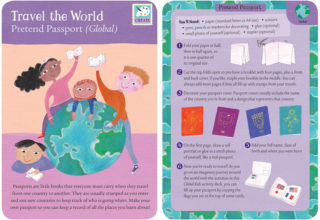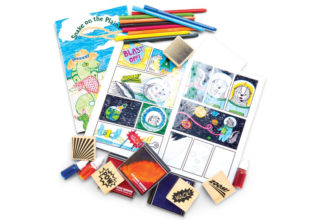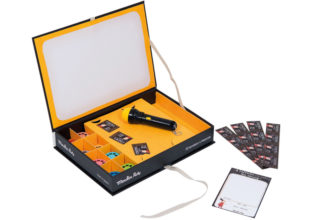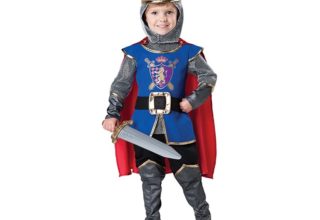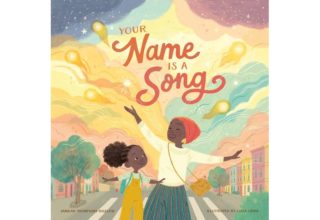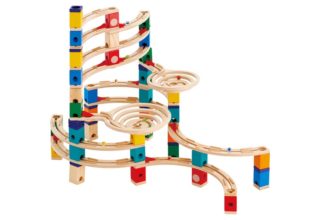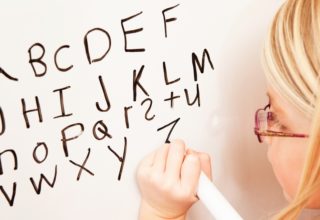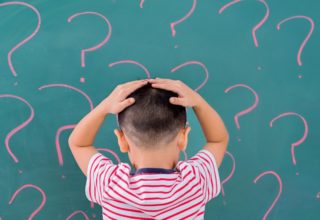Found! Scoured the earth to find a simple (yet engaging) puzzle with upper and lower case letters.
A dollhouse you design yourself. Winner of just about every toy award. Why not build the neighborhood too?
Innovative activity cards with 50+ crafts, food, games, festivals and community service activities from around the world. Excellent for rainy...
Pow! Inspire oral language development and storytelling, both key to literacy development. A great self-directed activity with multiple learning outcomes....
Imaginative story disks that put a magical spin on the skill of storytelling. Re-telling and storytelling are important for reading...
A must-have staple for every dress-up bin. Bonus fun with this and this. (Fantastical storytelling not included.)
Those eyes!! Not-your-average stuffie with a squishy, soft texture that’s got quite the brand following. A soothing companion to reach...
A perennial classroom favorite. The simplicity of the blocks maximizes open-ended creativity. Excellent for improving concentration and staying focused –...
We love the story, the concept, the illustrations…all of it! Especially the feeling it leaves in you – pride in...
An ideal platform for S.T.E.A.M education and spatial + kinetic awareness. Praised by the Wall Street Journal for how it...
Immersive. Enchanting. An extraordinary lift-the-flap book that richly journeys into flora and fauna. With each flap, there is a sense...
Sibling fighting and rivalry is normal and, in most cases, healthy. Learn how to resolve sibling conflict in 5 simple...
Is writing letters backwards OK, or is it an early warning sign of a learning difference? Let’s tackle this very...
“Empathy is when you’re able to understand and care about how someone else is feeling.” -Mark Ruffalo, Sesame Street
A practical how-to guide filled with links to buy what you need if your child is doing distance learning. Here...
Answers to our most popular questions on a heavy subject. From “How do I explain…” to “How do I teach…”...
At around age 4, you may see all sorts of dramatic language changes – talking back, harsh tones of voice,...
Tattling is very common but it can be shaped by our responses to their tattling. Teach your child this simple rhyme to work...
“The way we talk to children becomes their inner voice.” -Peggy O’Mara
ABCs, colors, numbers, sight words…parents have heard of the ‘push-down’ of academic skills – that Kindergarten has a lot of...
Getting to know your child’s imaginary friends is a fun perk of parenting and teaching. Those characters – whether invisible,...
Community engagement with little ones is filled with layers of good intentions and ambitious learnings. It may take effort, but...
Learn why children interrupt, what to say in the moment, and strategies for modeling patterns of communication. (It is hard...
